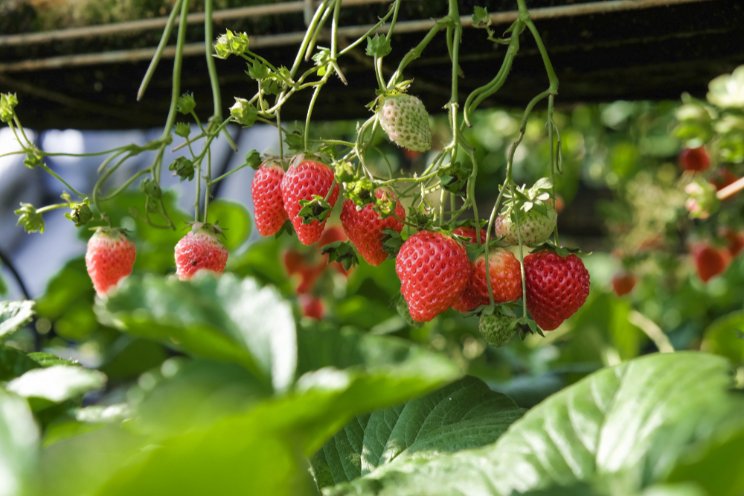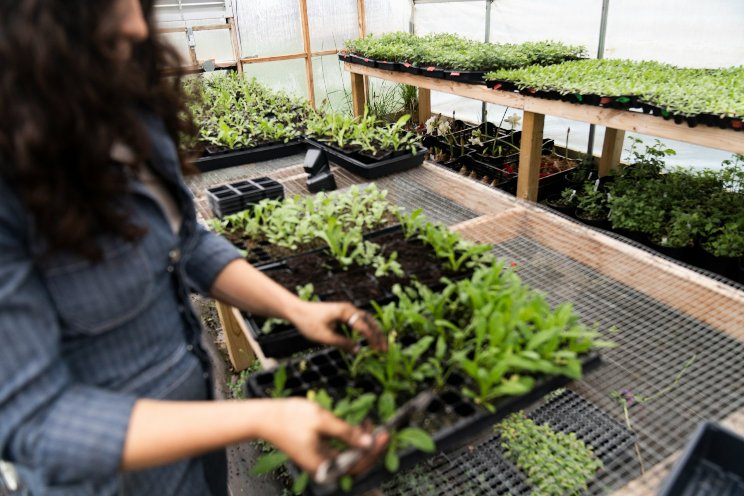Could cannabis replace opioids for pain management?
Added on 16 February 2024

It’s no secret that millions of patients worldwide are benefitting from the various medical properties of cannabinoid products. From treating epilepsy to alleviating side effects of chemotherapy, cannabinoids such as CBD and THC, the most known cannabinoids, have been a recurrent subject of research over the years for various health and pharmaceutical institutions. In 2022, 26% of Americans were actively using CBD products out of which 64% utilized cannabinoids for pain relief. Out of all CBD products available on the market, the most popular cannabinoid assortment in the US are CBD tinctures, which accumulated a gross amount of 976.07 million dollars from sales in 2021.
The nefarious effects of prescription opioid medication has driven a large number of patients from the United States and beyond to substitute opioid medication with cannabinoid products in the context of pain management. A research study conducted in 2017 by Reiman, Welty and Solomon reports the following findings: “Thirty-four percent of the sample reported using opioid-based pain medication in the past 6 months. Respondents overwhelmingly reported that cannabis provided relief on par with their other medications, but without the unwanted side effects. Ninety-seven percent of the sample strongly agreed/agreed that they are able to decrease the number of opiates they consume when they also use cannabis, and 81% strongly agreed that taking cannabis by itself was more effective at treating their condition than taking cannabis with opioids. Results were similar for those using cannabis with nonopioid-based pain medications.” Despite the results of the study, is this definitive evidence for the superiority of CBD over opioids when managing chronic and acute pain? Moreover, could cannabis be an effective tool in fighting the ongoing opioid epidemic?
At this point in time, the data available in order to provide an answer to both of these questions cannot support a definitive conclusion in either direction. Josh Kaplan, an Associate Professor of Behavioral Neuroscience at Western Washington University reports that any benefit that cannabis legalization has on reducing opioid overdose seems to be short lived.
“States that legalized recreational cannabis saw an initial reduction in opioid-related emergency room visits by 7.6% compared to states that did not legalize cannabis, but this difference was gone within 6 months. It remains possible that cannabis may serve as a substitute for common prescription opioids like oxycodone, codeine, or hydrocodone, but can’t overcome the severity of dependence to more potent illicit opioids like fentanyl or heroin that are being abused at escalating rates.”
Although there is little hope that cannabinoids can eradicate severe opioid addictions to Schedule 1 narcotics such as heroin and fentanyl, moderate levels of THC concentration stimulate CB1 and CB2 brain receptors, a chemical reaction which is presumed to interact with opioid receptors and boost pain-relieving effect without having the patient subjected to the dreaded symptoms of opioid addiction. Moreover, CBD is also suspected of aiding opioid addicts to kick their habit by reducing the intensity of opioid withdrawal symptoms and the probability of relapsing. Even so, there is a catch to the potential intervention of cannabis in substituting opioids on medical prescriptions. On the one hand, high levels of THC and CBD could be an issue for the substitution process, as users can render their cannabinoid medication useless by building up tolerance through prolonged use. On the other hand, it is not known at this point in time how much THC or, alternatively, CBD should medication contain in order to maintain positive counter effects both in the short and in the long term.
Whether scientists will come up with a conclusion regarding the potential of cannabinoids in the complete substitution of opioid medical products in the following years is an ongoing matter of debate. However, if results indicate the positive presumptions mentioned so far, this could mean a totally different evolution course for the medicinal cannabis industry in North America, an economic sector which is estimated to be worth 37.3 billion dollars in 2024, and beyond.
Image by jcomp on Freepik
More news















